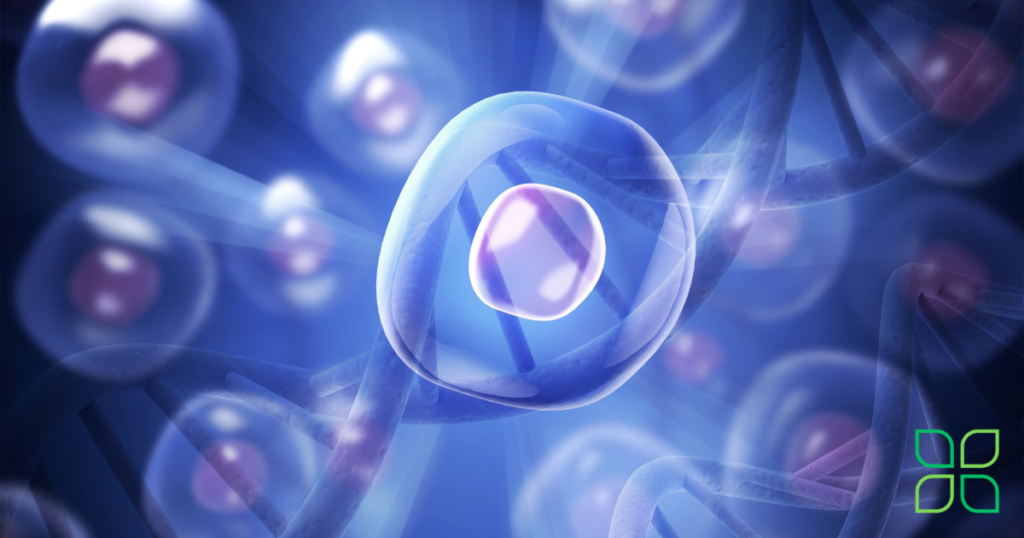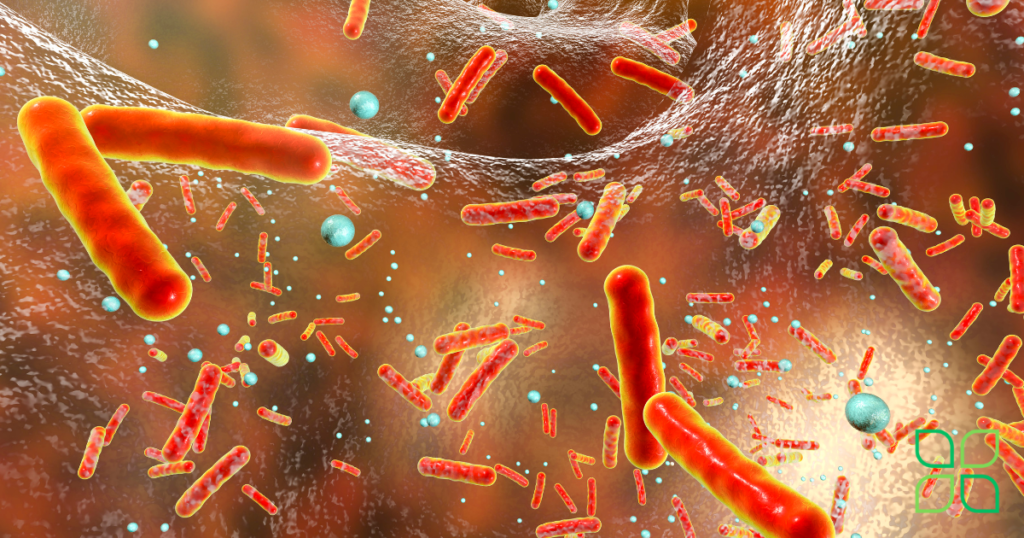A Comprehensive Timeline of Autophagy Benefits

Autophagy is a fascinating and essential cellular process that has garnered significant attention in recent years. As researchers delve deeper into its mechanisms, we are beginning to understand the myriad benefits it offers. From enhancing longevity to improving overall health, autophagy plays a crucial role in maintaining cellular homeostasis. This blog post will provide a comprehensive timeline of autophagy benefits, helping you understand how this process can transform your health.
Introduction to Autophagy
Autophagy, derived from the Greek words “auto” (self) and “phagy” (eating), is the body’s way of cleaning out damaged cells and regenerating newer, healthier cells. This process is vital for cellular maintenance and overall health. Understanding the benefits of autophagy can help you make informed decisions about your lifestyle, diet, and exercise routines.
Early Discoveries and Initial Benefits
The concept of autophagy was first introduced in the 1960s by Belgian biochemist Christian de Duve, who later won the Nobel Prize for his work. Early research showed that autophagy was crucial for cellular cleanup and recycling. Here are some of the initial benefits discovered:
Cellular Cleanup and Recycling
Autophagy helps remove damaged or malfunctioning cellular components, preventing the accumulation of defective proteins and organelles. This process ensures that cells function optimally, promoting overall health.

Protection Against Diseases
Early studies indicated that autophagy plays a role in protecting against various diseases, including neurodegenerative disorders like Alzheimer’s and Parkinson’s. By clearing out damaged components, autophagy helps maintain healthy brain function.
The Role of Autophagy in Longevity
As research progressed, scientists discovered that autophagy is closely linked to longevity. Several studies have shown that enhancing autophagy can extend lifespan and improve overall healthspan. Here are some key findings:
Caloric Restriction and Intermittent Fasting
One of the most effective ways to stimulate autophagy is through caloric restriction and intermittent fasting. Studies have shown that these dietary practices can increase autophagy, leading to improved cellular function and increased lifespan. For instance, a study published in the journal “Cell Metabolism” found that intermittent fasting can enhance autophagy and promote longevity in mice.
Exercise-Induced Autophagy
Regular physical activity is another potent stimulator of autophagy. Exercise-induced autophagy helps remove damaged cellular components, enhancing muscle function and overall health. A study published in the “Journal of Clinical Investigation” demonstrated that exercise can activate autophagy in skeletal muscle, leading to improved metabolic health.

Autophagy and Metabolic Health
Autophagy plays a crucial role in maintaining metabolic health by regulating processes such as insulin sensitivity and lipid metabolism. Here are some key benefits:
Improved Insulin Sensitivity
Research has shown that autophagy can improve insulin sensitivity, reducing the risk of type 2 diabetes. A study published in “Nature Communications” found that enhancing autophagy in liver cells can improve glucose metabolism and insulin sensitivity in mice. This suggests that autophagy could be a potential therapeutic target for diabetes management.
Regulation of Lipid Metabolism
Autophagy also plays a role in regulating lipid metabolism, helping to maintain healthy cholesterol levels and prevent the development of fatty liver disease. A study published in “Nature Medicine” demonstrated that autophagy is essential for the breakdown of lipid droplets in liver cells, preventing the accumulation of fat and promoting metabolic health.
Autophagy and Immune Function
Autophagy is vital for maintaining a robust immune system. It helps eliminate pathogens and supports the function of immune cells. Here are some key benefits:
Pathogen Clearance
Autophagy helps eliminate intracellular pathogens, such as bacteria and viruses, by engulfing and degrading them. This process is known as xenophagy. A study published in “Cell Host & Microbe” found that autophagy is crucial for controlling infections and maintaining immune homeostasis.

Enhanced Immune Cell Function
Autophagy supports the function of immune cells, such as macrophages and dendritic cells, by providing them with the necessary resources to combat infections. A study published in “The Journal of Immunology” showed that autophagy is essential for the maturation and function of dendritic cells, which play a crucial role in initiating immune responses.
Autophagy and Cancer Prevention
Autophagy has a complex relationship with cancer, as it can both suppress and promote tumor growth. However, research has shown that enhancing autophagy can have several cancer-preventive benefits:
Removal of Damaged Cells
Autophagy helps remove damaged cells that could potentially become cancerous. By clearing out these cells, autophagy reduces the risk of cancer development. A study published in “Cancer Research” found that autophagy can prevent the accumulation of damaged mitochondria, reducing the risk of cancer initiation.
Enhancement of Cancer Treatments
Research has shown that autophagy can enhance the effectiveness of cancer treatments, such as chemotherapy and radiation therapy. By promoting the degradation of damaged cellular components, autophagy can increase the sensitivity of cancer cells to treatment. A study published in “Nature Reviews Cancer” highlighted the potential of autophagy modulators as adjuvants in cancer therapy.
Practical Tips to Enhance Autophagy
Understanding the benefits of autophagy is just the first step. Here are some actionable tips to help you enhance autophagy and reap its health benefits:
Implement Intermittent Fasting
Intermittent fasting is a powerful way to stimulate autophagy. Consider adopting a fasting regimen, such as the 16/8 method (16 hours of fasting with an 8-hour eating window) or the 5:2 method (5 days of regular eating and 2 days of reduced calorie intake).

Incorporate Regular Exercise
Regular physical activity is essential for promoting autophagy. Aim for at least 150 minutes of moderate-intensity exercise or 75 minutes of high-intensity exercise per week. Activities such as running, swimming, and strength training are particularly effective.
Follow a Balanced Diet
A balanced diet rich in nutrients can support autophagy. Include foods that are high in antioxidants, such as berries, leafy greens, and nuts, as they can help reduce oxidative stress and enhance autophagy.
Get Sufficient Sleep
Quality sleep is crucial for maintaining autophagy. Aim for 7-9 hours of sleep per night to support your body’s natural autophagy processes.
Manage Stress
Chronic stress can inhibit autophagy. Practice stress-reducing techniques, such as meditation, yoga, and deep breathing exercises, to promote autophagy and overall well-being.
Conclusion
Autophagy is a remarkable cellular process that offers a wide range of health benefits. From enhancing longevity to improving metabolic health and immune function, understanding and harnessing the power of autophagy can significantly impact your well-being. By incorporating lifestyle practices such as intermittent fasting, regular exercise, and a balanced diet, you can support autophagy and enjoy a healthier, longer life.
Remember, while autophagy holds great promise, it is essential to approach it with a balanced perspective. Always consult with a healthcare professional before making significant changes to your diet or exercise routine to ensure that it aligns with your individual health needs.
